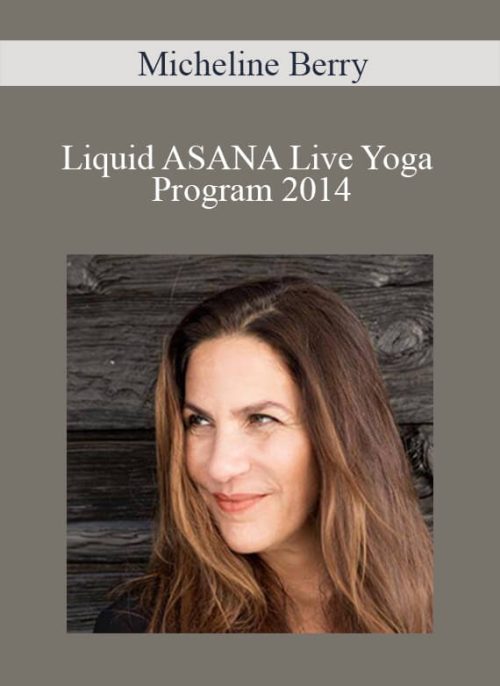[Download Now] 2-Day Gerontology Certificate Course: Behavioral Interventions & Clinical Strategies – Geoffrey W. Lane
[Download Now] 2-Day Gerontology Certificate Course: Behavioral Interventions & Clinical Strategies – Geoffrey W. Lane
[Download Now] 2-Day Gerontology Certificate Course: Behavioral Interventions & Clinical Strategies – Geoffrey W. Lane
Product Delivery: You will receive a download link via your order email immediately
Should you have any question, do not hesitate to contact us: support@nextskillup.com
Original price was: $299.99.$75.00Current price is: $75.00.
75% Off


Secure Payments
Pay with the worlds payment methods.

Discount Available
Covers payment and purchase gifts.

100% Money-Back Guarantee

Need Help?
(484) 414-5835
Share Our Wines With Your Friends & Family
Description
[Download Now] 2-Day Gerontology Certificate Course: Behavioral Interventions & Clinical Strategies – Geoffrey W. Lane
2-Day Gerontology Certificate Course: Behavioral Interventions & Clinical Strategies – Geoffrey W. Lane
Archive: View
Staying on the cutting edge of gerontology.
The need for well-trained and proactive geriatricians is growing as America’s older population is rapidly expanding. Clinicians working in eldercare need to keep up with the latest developments in multiple disciplines to serve their aging clients well.
Aging and sexuality, spirituality and aging, and clinical and ethical issues around death, dying, and bereavement are some of the different aspects of aging. Problems of aging, including special considerations in geriatric assessment, and the mild and major neurocognitive disorders, and how professionals can best meet the needs of these clients are some of the topics covered in the course. Special considerations in confidentiality, working with adult children of elders, future planning, elders at risk, safety issues and dementia care, capacity/competency, and end-of-life decision-making are some of the unique ethical issues that arise in the context of eldercare. You will leave the course with increased confidence in working with elderly clients.
- Establish how evidence based theories on aging influence the field of gerontology.
- Determine what constitutes “normal aging” and describe how clinicians can discriminate it from cognitive decline.
- Communicate how clinicians can operationalize research related to nutrition, exercise and socialization to improve the wellbeing of older clients.
- Delineate how technological innovations in living environments can be used to help increase support, independence and quality of life for the elderly.
- Analyze and summarize research exploring the relationship between spirituality, aging and positive health outcomes.
- Specify how the cultural background of clients can impact end of life decisions and care needs.
- Determine an approach to evaluate and assess the cognitive function of geriatric clients.
- Characterize how clinicians can differentiate between types of dementias by understanding the manifestations of each type.
- Evaluate how safety risks related to major neurocognitive disorders in older adults can be identified and mitigated.
- Correlate how issues surrounding aging, dying, and bereavement impact clinical approach with clients and their families.
- Communicate appropriate strategies for clinicians to handle ethical issues related to confidentiality and capacity when working with the geriatric population.
- Connect current research on dementia causes and treatments to potential impacts on clinical interventions in the future.
There is a promotion of healthy aging.
- The Multidisciplinary Field of Gerontology
- Normal Aging
- Cognition
- Physical health
- Mental health
- Sexuality
- Clinical strategies to promote positive aging
- The role of midlife
- Socialization
- Exercise
- Nutrition
- Gerontechnology interventions
- Supportive systems and aging in place
- Current technologies
- Future horizons
- Ethics of technology
- Supportive systems and aging in place
- Ethics, aging, and future planning
- Spirituality
- End of life care
- Death, dying, and bereavement
When aging goes quiet.
- Early detection: When aging is not so normal
- Geriatric assessment: Special considerations
- Cognitive
- Emotional
- Functional
- Mild neurocognitive disorders
- Major neurocognitive disorders
- Alzheimer’s disease
- Vascular Dementia
- Parkinson’s
- Lewy Body Dementia
- Chronic Traumatic Encephalopathy
- Dementia
- Clinical presentations
- Behavioral interventions
- Safety issues
- Pharmacological interventions
- Other disorders of aging
- Risk management: Ethics, aging, and elder law
- What clinicians need to know
- Elders at risk: Clinical, ethical, and legal considerations
- Confidentiality
- Working with adult children of elders
- Capacity/Competency
- Dementia and end of life care across cultures
- Current research in dementia: causes and treatments
OUR BEST COLLECTION OF COURSES AND BOOKS

![[Download Now] 2-Day Gerontology Certificate Course: Behavioral Interventions & Clinical Strategies – Geoffrey W. Lane](https://nextskillup.com/wp-content/uploads/2022/05/2-Day-Gerontology-Certificate-Course-Behavioral-Interventions-amp-Clinical-Strategies-Geoffrey-W-1.png)




Reviews
There are no reviews yet.